Algorithms
Results for "algorithms"
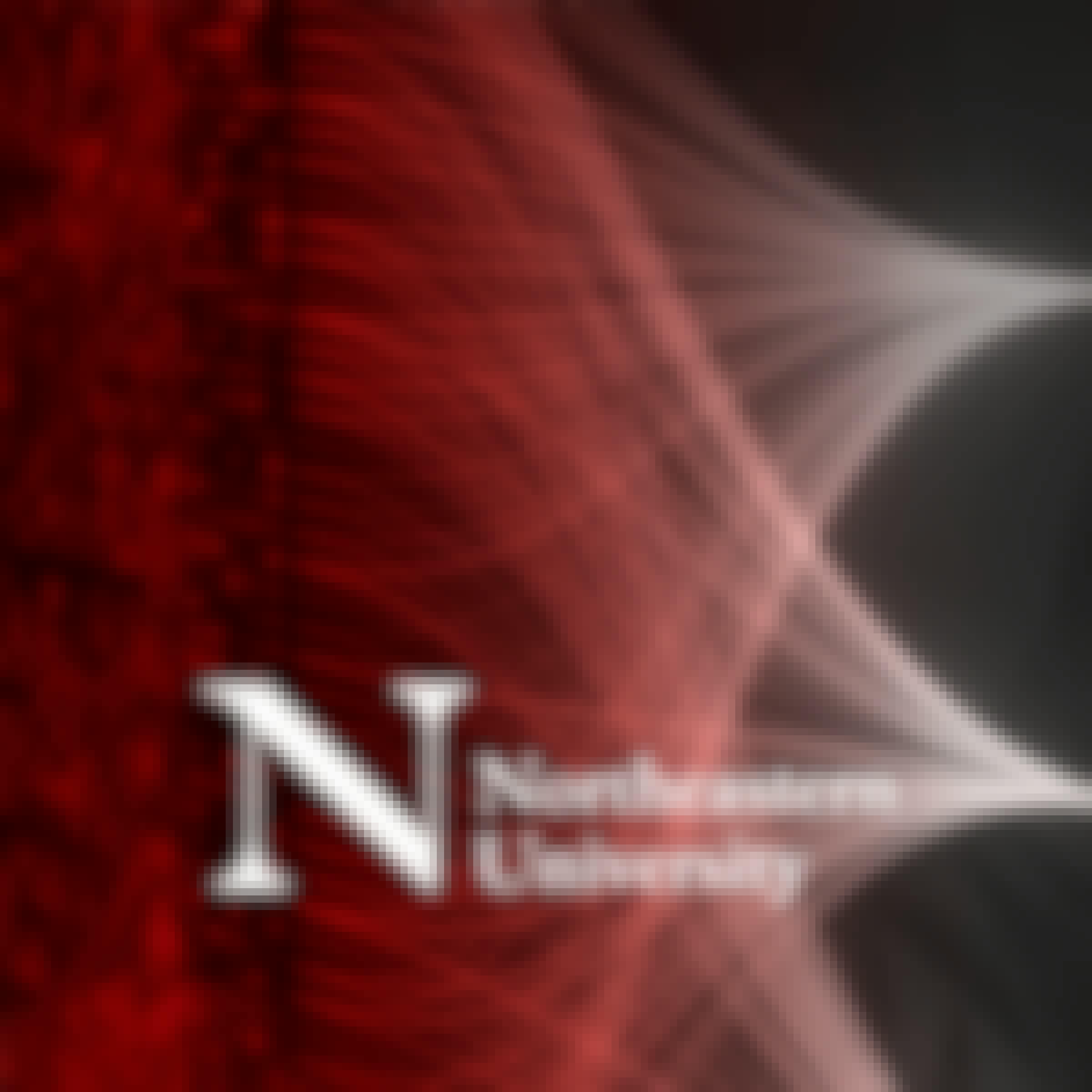 Status: NewNewStatus: PreviewPreviewN
Status: NewNewStatus: PreviewPreviewNNortheastern University
Skills you'll gain: Algorithms, Graph Theory, Computational Thinking, Programming Principles, Pseudocode, Theoretical Computer Science, Data Structures, Computer Programming, Performance Tuning
Mixed · Course · 1 - 3 Months
 Status: Free TrialFree TrialS
Status: Free TrialFree TrialSStanford University
Skills you'll gain: Algorithms, Bioinformatics, Graph Theory, Computational Thinking, Data Structures, Theoretical Computer Science
4.8·Rating, 4.8 out of 5 stars1.3K reviewsIntermediate · Course · 1 - 4 Weeks
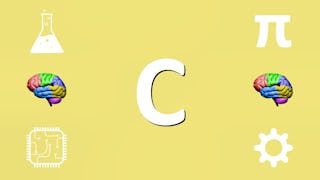 Status: Free TrialFree TrialU
Status: Free TrialFree TrialUUniversity of Colorado System
Skills you'll gain: Computational Thinking, Data Collection, Microsoft Visual Studio, Program Development, C (Programming Language), Programming Principles, Algorithms, Data Storage, Computer Programming
4.6·Rating, 4.6 out of 5 stars377 reviewsBeginner · Course · 1 - 4 Weeks
 Status: Free TrialFree TrialU
Status: Free TrialFree TrialUUniversity of Illinois Urbana-Champaign
Skills you'll gain: C++ (Programming Language), Data Structures, Object Oriented Programming (OOP), Object Oriented Design, Graph Theory, Development Environment, Data Storage, Engineering Software, Unstructured Data, Computer Programming, Algorithms, Data Storage Technologies, Debugging, Program Development, Database Systems, Database Theory, Network Routing, Theoretical Computer Science
4.7·Rating, 4.7 out of 5 stars3.5K reviewsIntermediate · Specialization · 1 - 3 Months
 Status: Free TrialFree TrialU
Status: Free TrialFree TrialUUniversity of London
Skills you'll gain: Pseudocode, Algorithms, Computational Thinking, Computer Science, Data Structures, Program Development
4.4·Rating, 4.4 out of 5 stars26 reviewsBeginner · Course · 1 - 4 Weeks
 Status: Free TrialFree TrialP
Status: Free TrialFree TrialPPeking University
Skills you'll gain: Data Structures, C++ (Programming Language), Algorithms, Object Oriented Programming (OOP), C (Programming Language), Computational Thinking, Graph Theory, Programming Principles, Theoretical Computer Science, Computer Programming, Program Development, Data Storage, Computer Science, Application Development, Computer Architecture, Maintainability, Software Design, Database Systems, Performance Tuning, Computational Logic
4.8·Rating, 4.8 out of 5 stars2.7K reviewsBeginner · Specialization · 3 - 6 Months
 Status: FreeFreeÉ
Status: FreeFreeÉÉcole normale supérieure
Skills you'll gain: Theoretical Computer Science, Combinatorics, Algorithms, Graph Theory, Computational Thinking, Operations Research, Mathematical Modeling, Probability
4.7·Rating, 4.7 out of 5 stars555 reviewsMixed · Course · 1 - 3 Months
 Status: Free TrialFree TrialD
Status: Free TrialFree TrialDDuke University
Skills you'll gain: Programming Principles, Algorithms, C (Programming Language), Computer Programming, Problem Solving
4.7·Rating, 4.7 out of 5 stars6.9K reviewsBeginner · Course · 1 - 4 Weeks
 E
EEIT Digital
Skills you'll gain: Data Structures, Theoretical Computer Science, Data Storage Technologies, Algorithms, Graph Theory, File Systems, Data Access, Performance Tuning, Computer Hardware
4.6·Rating, 4.6 out of 5 stars60 reviewsAdvanced · Course · 1 - 3 Months
 Status: Free TrialFree TrialU
Status: Free TrialFree TrialUUniversity of California, Santa Cruz
Skills you'll gain: C++ (Programming Language), Debugging, C (Programming Language), Object Oriented Programming (OOP), Software Design Patterns, Object Oriented Design, Code Review, Data Structures, Computer Programming, Algorithms, Command-Line Interface, Data-oriented programming, Programming Principles, Graph Theory, Computer Science, Computational Thinking, Artificial Intelligence, Integrated Development Environments, Software Technical Review, Game Design
4.5·Rating, 4.5 out of 5 stars9.5K reviewsBeginner · Specialization · 3 - 6 Months
 Status: Free TrialFree TrialÉ
Status: Free TrialFree TrialÉÉcole Polytechnique Fédérale de Lausanne
Skills you'll gain: Digital Communications, Communication Systems, Electrical and Computer Engineering, Programming Principles, Telecommunications, Advanced Mathematics, Algorithms, Linear Algebra, Mathematical Modeling, Applied Mathematics
4.5·Rating, 4.5 out of 5 stars632 reviewsIntermediate · Course · 1 - 4 Weeks
 Status: NewNewStatus: PreviewPreviewN
Status: NewNewStatus: PreviewPreviewNNortheastern University
Skills you'll gain: Algorithms, Bayesian Statistics, Theoretical Computer Science, Pseudocode, Computational Thinking, Data Structures, Graph Theory, Network Analysis, Probability, Probability & Statistics
Mixed · Course · 1 - 3 Months
Related roles
Gain the knowledge and skills you need to advance.

This role has a $169,700 median salary ¹.
 description:
description:A Machine Learning Engineer builds and optimizes algorithms that enable computers to learn from data, using large datasets and neural networks.
This role has a $169,700 median salary ¹.
Offered by




This role has a $146,304 median salary ¹.
 description:
description:A Data Scientist analyzes large datasets to uncover insights, using statistics, machine learning, and visualization to inform business strategies.
This role has a $146,304 median salary ¹.
Offered by



Most popular
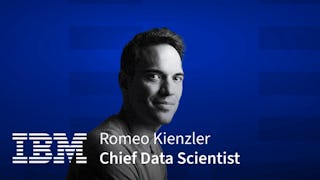 Status: Free TrialFree TrialU
Status: Free TrialFree TrialUUniversity of London
Specialization
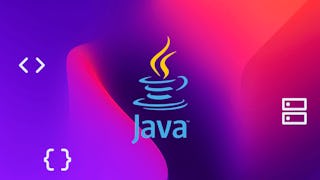 Status: Free TrialFree TrialD
Status: Free TrialFree TrialDDuke University
Specialization
 Status: Free TrialFree TrialD
Status: Free TrialFree TrialDDuke University
Specialization
 Status: Free TrialFree TrialD
Status: Free TrialFree TrialDDuke University
Course
Trending now
 Status: Free TrialFree TrialUI
Status: Free TrialFree TrialUIMultiple educators
Specialization
 Status: Free TrialFree Trial
Status: Free TrialFree TrialProfessional Certificate
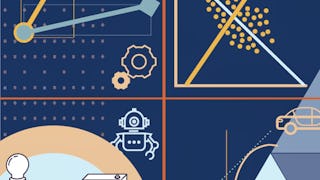 Status: Free TrialFree TrialI
Status: Free TrialFree TrialIImperial College London
Specialization
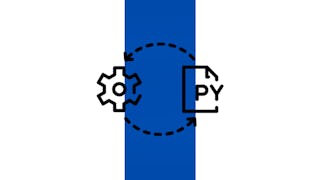 Status: Free TrialFree Trial
Status: Free TrialFree TrialCourse
New releases
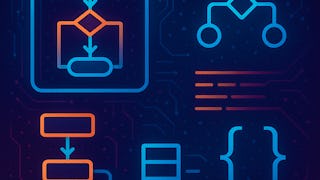 Status: PreviewPreviewB
Status: PreviewPreviewBBirla Institute of Technology & Science, Pilani
Course
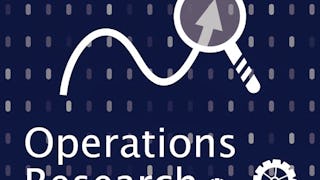 Status: Free TrialFree TrialN
Status: Free TrialFree TrialNNational Taiwan University
Specialization
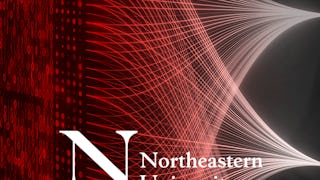 Status: PreviewPreviewN
Status: PreviewPreviewNNortheastern University
Course
 Status: PreviewPreviewN
Status: PreviewPreviewNNortheastern University
Course







